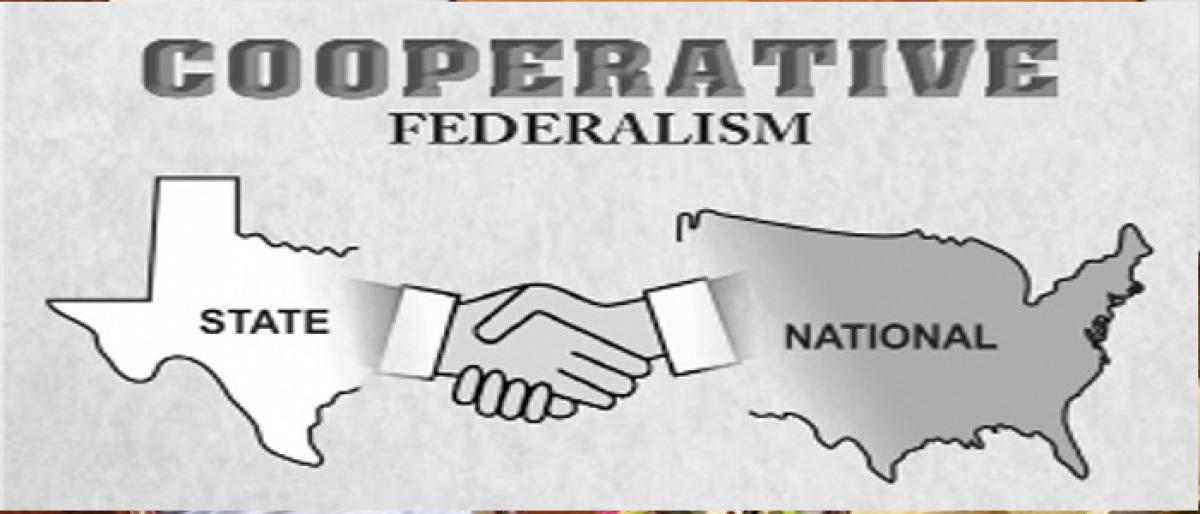Live
- ‘Many bureaucrats still working as YSRCP activists’
- Sec'bad Cantt bypoll: Residents root for merger with GHMC to end woes
- Timetable out for Adv Suppl exams
- 22 TSREIS Jr colleges record 100% pass
- Rajamahendravaram: Finally, TDP-BJP solve Anaparthi conundrum
- Girl Power Unleashed! Girls eclipse boys in both Inter Ist & 2nd yr results
- Vijayawada: ‘CM slept like Kumbhakarna without filling teacher posts’
- Bridge damaged in Manipur blast
- Nitin Gadkari faints at campaign rally
- Repalle: Sharmila slams Jagan for treating Botcha as father figure









